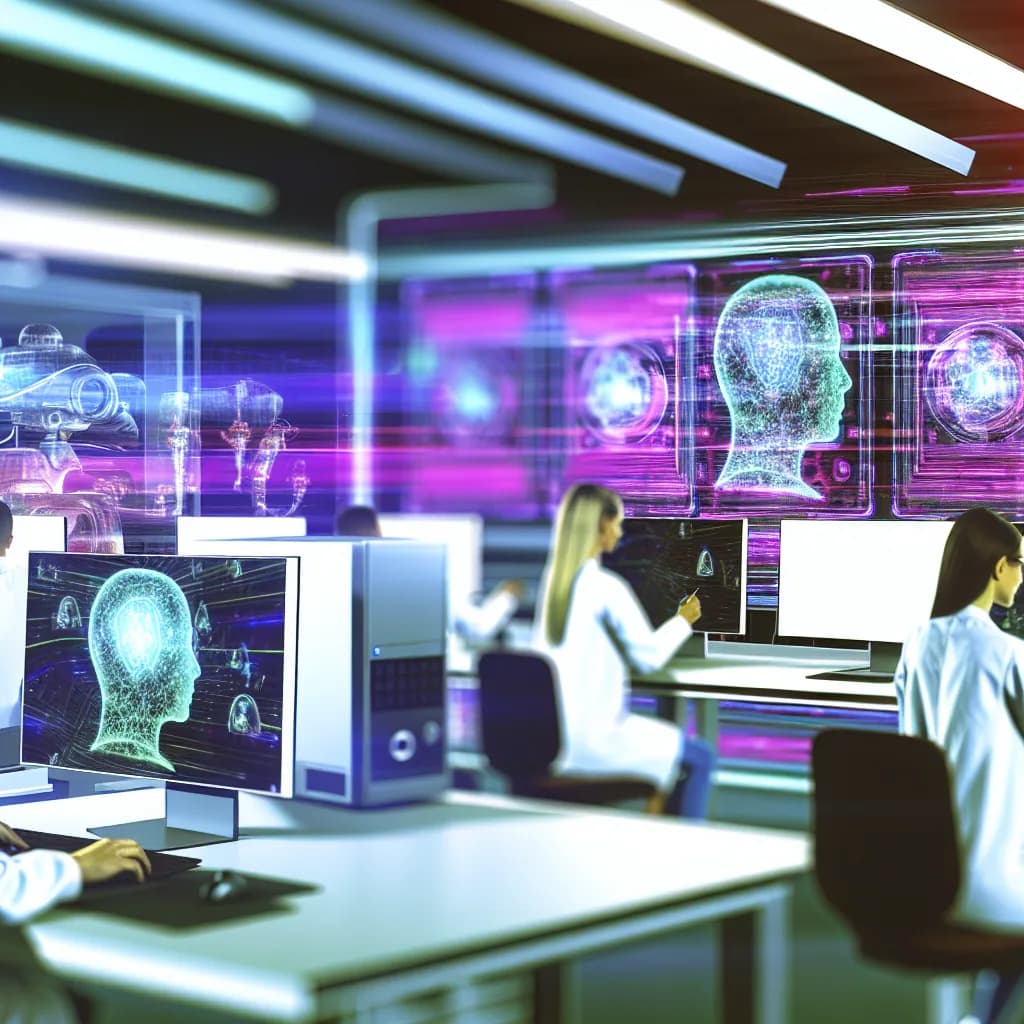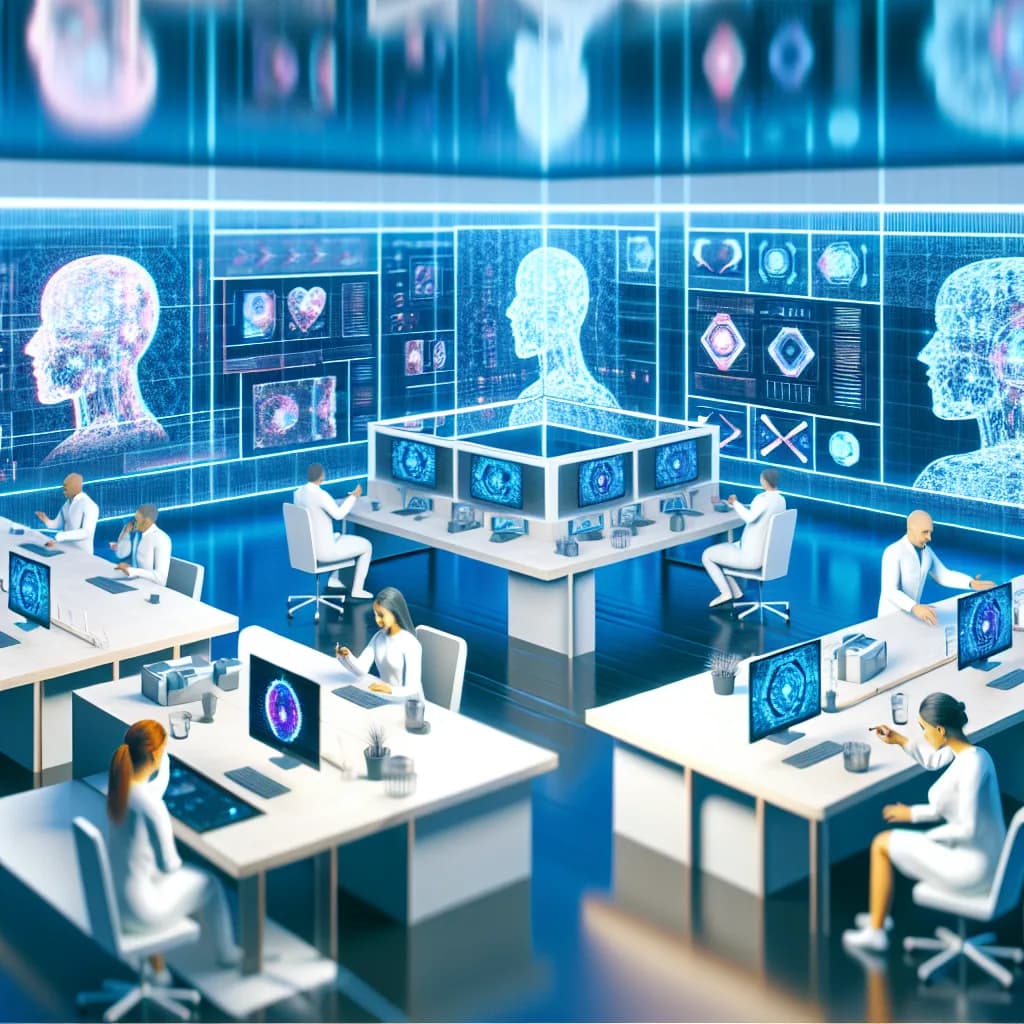
In a world increasingly driven by artificial intelligence, understanding the nuances between different types of AI is crucial. Two key players in this arena are generative AI and agentic AI. While both are powerful, they serve distinct purposes and offer varied applications. But how do you determine if your AI is just a conversationalist or a doer?
Understanding Generative AI
Generative AI is a subset of artificial intelligence that focuses on creating content. This can range from text to images, music, and even videos. At its core, generative AI leverages machine learning models, such as GPT-4 and DALL-E, to produce new content by learning patterns from existing data.
Capabilities and Limitations
Generative AI excels in tasks requiring creativity and large-scale content production. It can generate human-like text, design unique visuals, and compose original music. However, it has limitations, such as a lack of understanding of context and potential ethical concerns regarding content originality and bias.
Diving into Agentic AI
Agentic AI, on the other hand, is designed to perform tasks autonomously. It simulates human decision-making and can execute complex sequences of actions without direct human intervention. Examples include autonomous vehicles and robotic process automation.
Strengths and Challenges
Agentic AI is particularly beneficial in environments that require quick decision-making and adaptability. However, it faces challenges in handling unexpected scenarios and ensuring ethical decision-making, especially in high-stakes domains like healthcare and autonomous driving.
Practical Applications
Both types of AI have found their niches across various industries:
- Generative AI in marketing: Automates content creation, from ad copy to graphic design.
- Agentic AI in logistics: Optimizes supply chain operations through autonomous decision-making.
- Generative AI in entertainment: Produces music and digital art, offering new experiences.
- Agentic AI in finance: Conducts algorithmic trading with minimal human oversight.
The Future Outlook
As we look toward the future, the integration of generative and agentic AI holds promising potential. The convergence of these technologies could lead to systems that not only generate content but also act upon it autonomously. This could revolutionize sectors such as personalized education, where AI not only creates tailored lesson plans but also adapts in real-time to student progress.
Conclusion
Understanding whether your AI is merely a generator or an autonomous agent can significantly impact your business strategy and implementation. As these technologies evolve, staying informed and adaptive will be crucial. Embrace the possibilities, but remain vigilant about the ethical and practical challenges they present.
About AI Toollens
AI Tools platform expert



